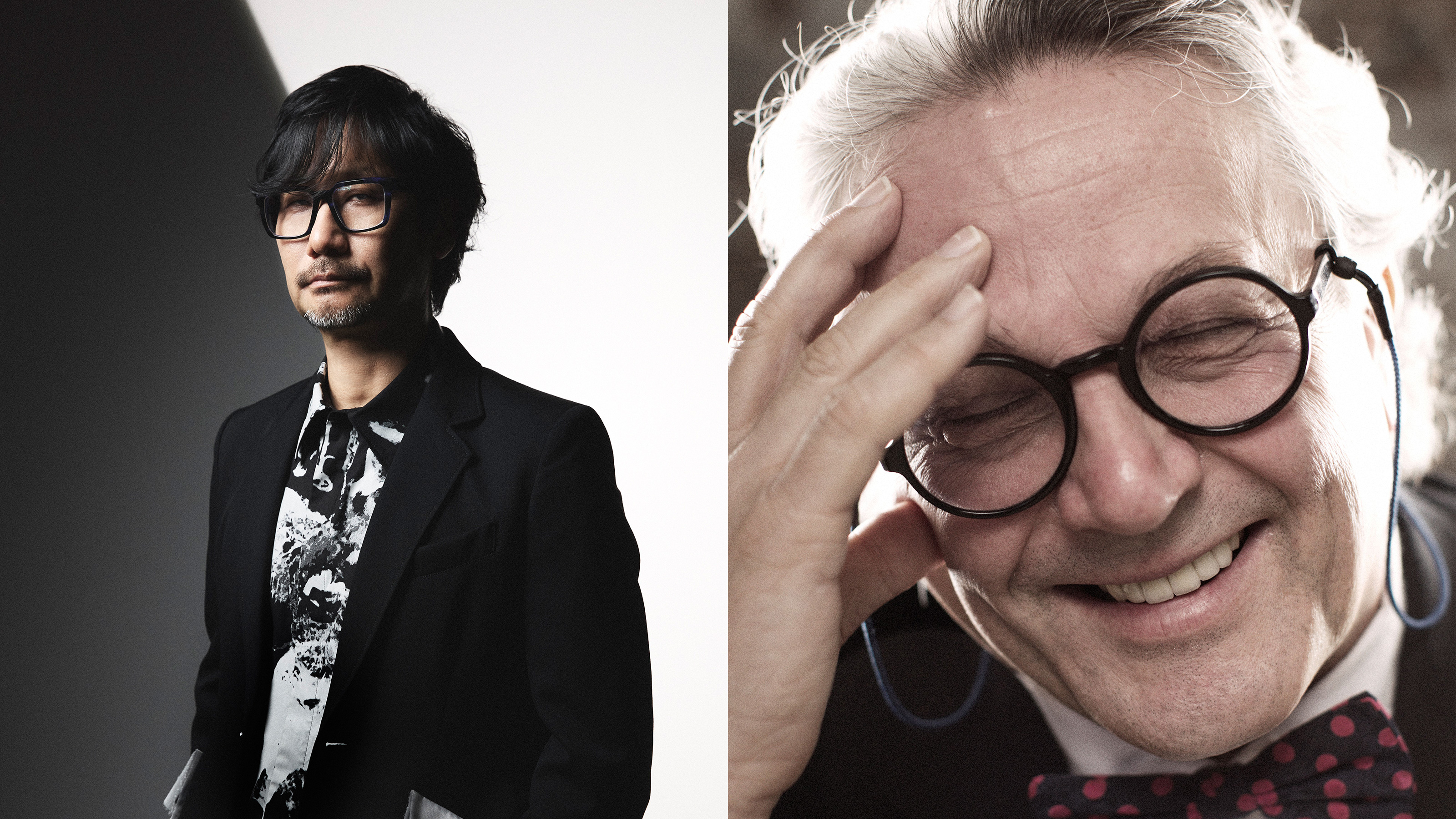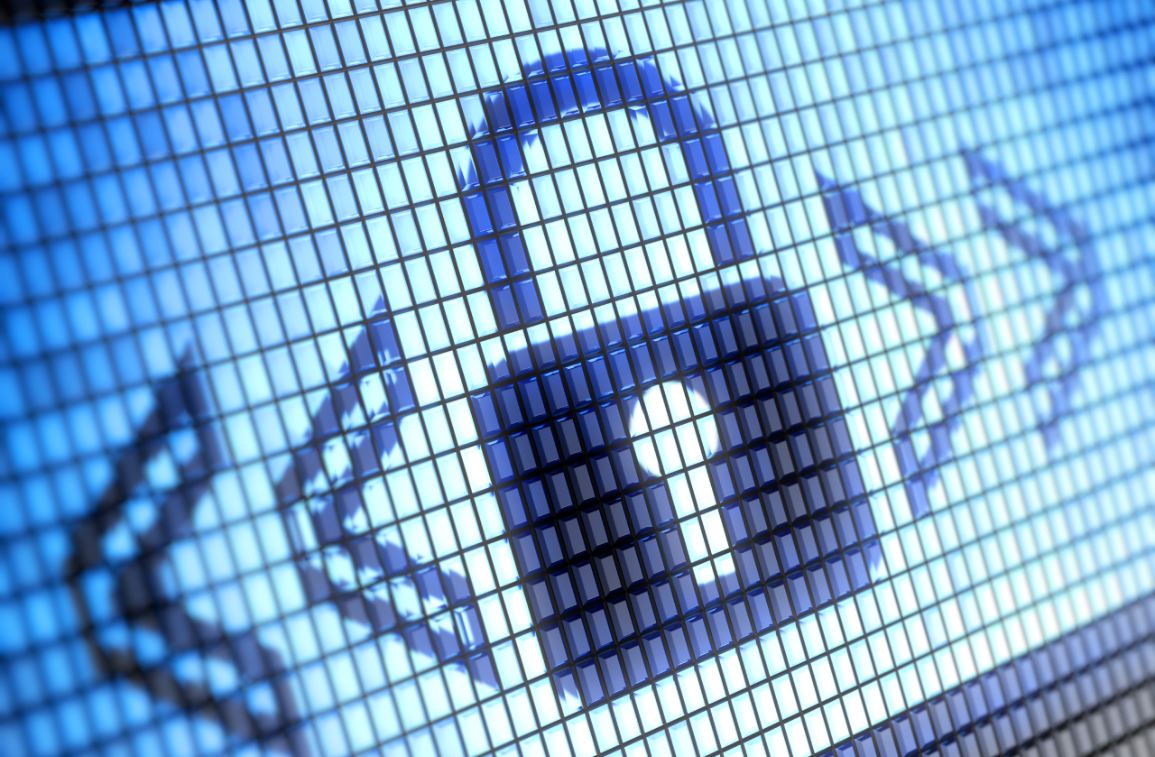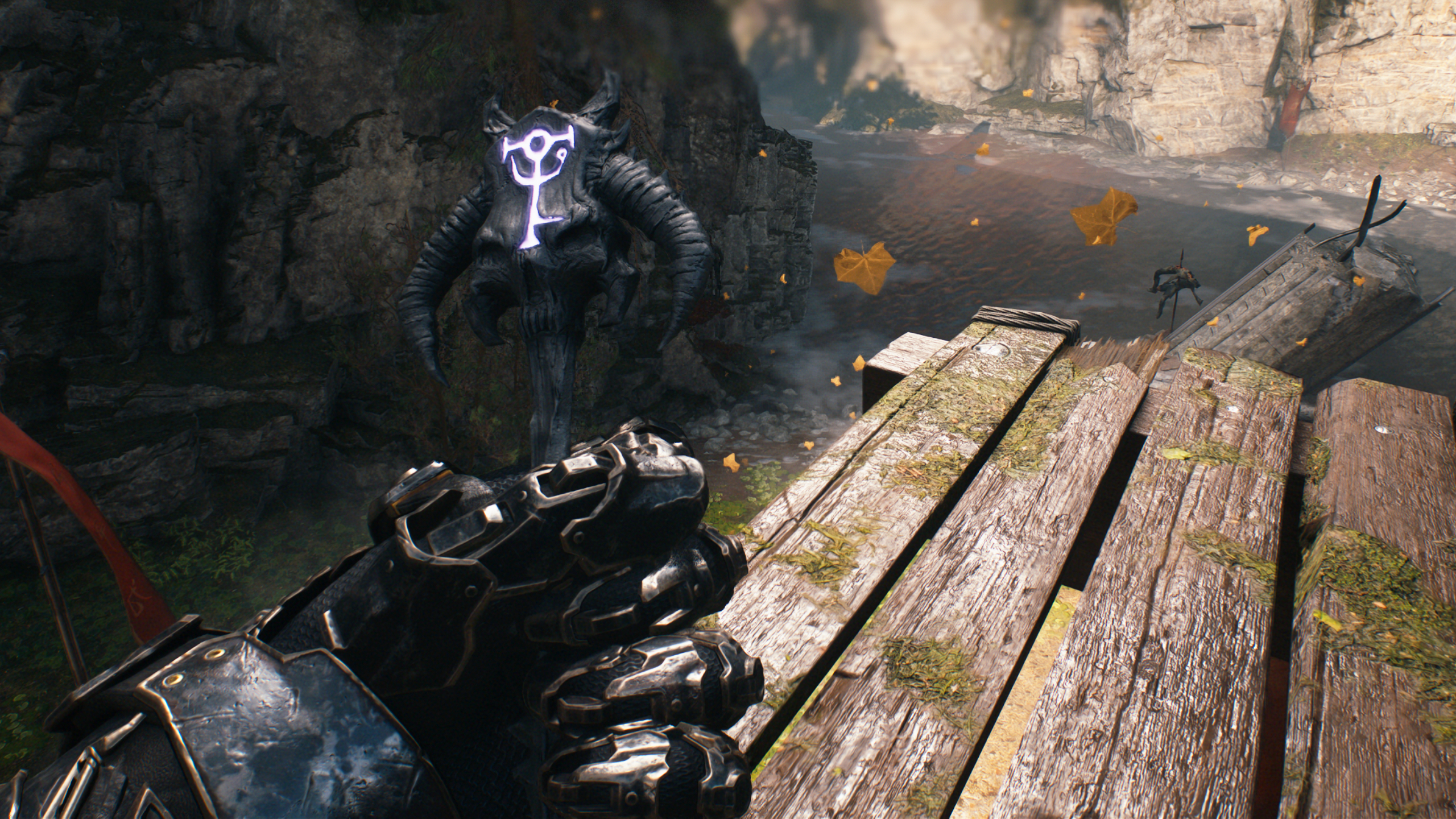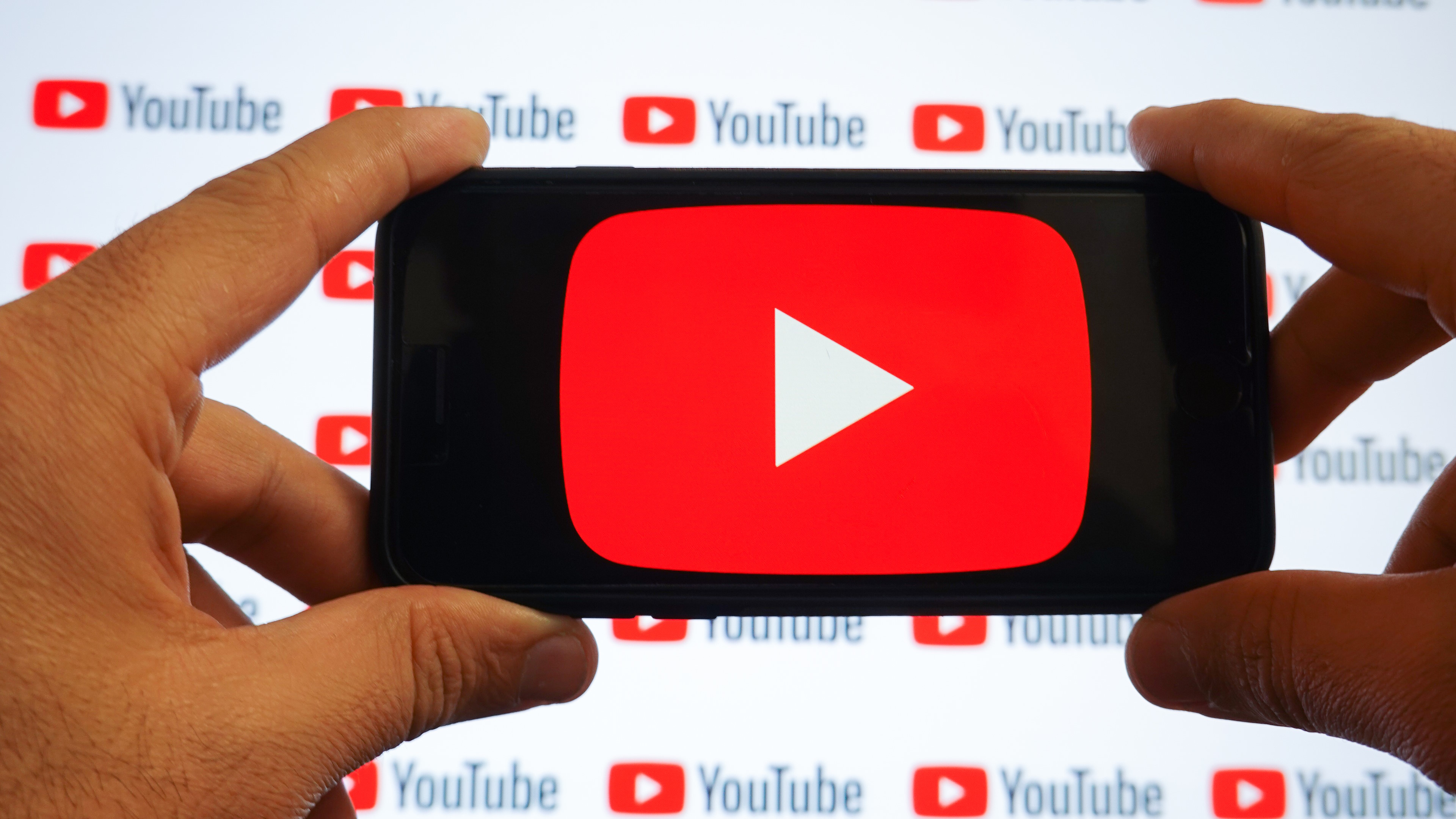The Dota Pro Circuit 2023 (DPC 2023) draws near as we head into the new year. In fact, the highly anticipated Division 1 bracket kicks off as early as January 9. High-profile teams, such as Team Secret, Liquid, Team Spirit, and the International 11 Champions, Tundra Esports, compete to qualify for the first Major of 2023.
Before we get there, we have an opportunity for a jam packed schedule, or more time off for the teams, depending on their approach to the season.
Shortened DPC 2023 Tours
The upcoming DPC 2023 season will feature shorter weeks but more matches each week. That’s nine series per region weekly, whereby most teams play as many as three series.
In contrast, past DPC seasons consists of Division 1 brackets that last twice as long. While some fans would agree that lesser games per week during DPC will put less strain on the players, it comes at the cost of inefficient coverage of players’ time.
DPC 2023 Tour 1 – Western Europe Division 1 Schedule
New Opportunities for third-party tournaments
Historically, third-party tournaments, such as ESL One or WePlay’s Omega League, were all the craze. It filled the hiatus between DPC Tours and the subsequent Majors but felt rushed. Hence, as a more affordable alternative, tournament organizers resorted to online tournaments that often feature Division 2 teams or at best, one or two Division 1 team that did not qualify for majors.
Worse yet, Major-qualified teams typically don’t want to play in third-party tournaments or would withdraw if they received a direct invitation. Just look at how the ESL One Mumbai 2019 panned out with five team withdrawals.
As such, the decreasing trend of grand tournaments that once rivaled Valve-sponsored tournaments is badly hurting the Dota 2 community. Fewer tournaments mean less opportunities for investors looking for a lively audience to showcase their advertisements to.
Burnourt and overworking in esports careers
Contrary to popular belief, esports players can play more sessions than physical sports players. While long duration in any particular sport is synonymous with post-match physical fatigue, esports players can play many series with short breaks. In fact, most esports orgs enforce strict training regimes for players to play at least eight hours of games and no access to their mobile phone for disciplinary purposes.
Sure, there are also concerns over psychological fatigue after a loss from a long match. However, the same can be said for teams that gain momentum from their first matches before playing other opponents.
Clement “Puppey” Ivanov from Team Secret
Nevertheless, don’t take us, casual players’ words for it. Team Secret’s captain, Clement “Puppey” Ivanov too had a similar stance on Valve’s unreasonable overextended seasons. To quote Puppey,
“I don’t understand why I need three weeks to qualify for a tournament. I need literally three days to do it.”
How do shorter DPC regional leagues benefit us?
Considering it took Valve six DPC seasons to finally shorten the regional leagues, we can assume that this indirectly sheds a light on the Dota 2 esports situation.
Beyond The Summit, a staple among Esports production studios recently released a statement on not hosting any Dota 2 tournaments for the next season. Despite hosting most DPC Regional Leagues across Southeast Asia and North America, BTS has not hosted a single major.
Hopefully, with more calendar leeway between Valve-sponsored DPC events, we will have third-party organizers host tournaments once again, and teams can decide more easily if they want a mental break or a continued grind.
For instance, crypto platform Noun DAO is potentially underway to fund a million dollars for a Dota 2 LAN tournament. Jake “SirActionSlacks” Kanner, WePlay Esports and Kyle “melonzz” Freedman proposed the idea of THE NOUNSVITATIONAL, so that’s a good start.






